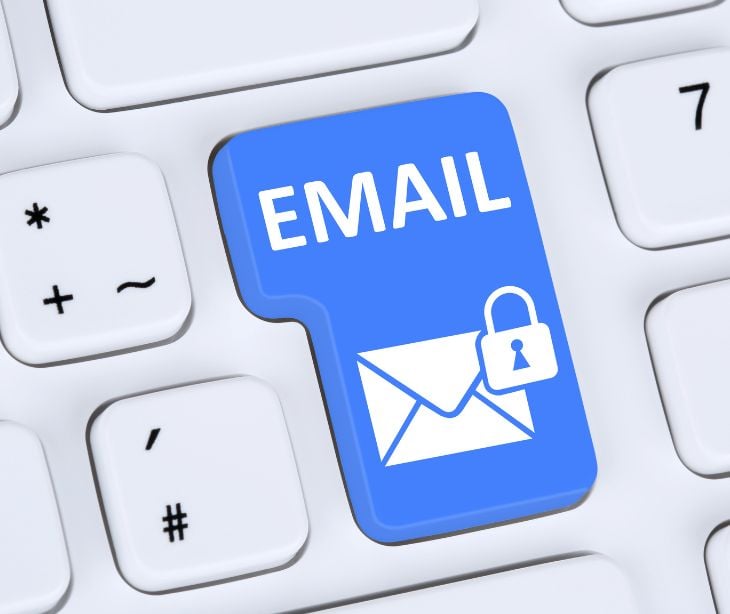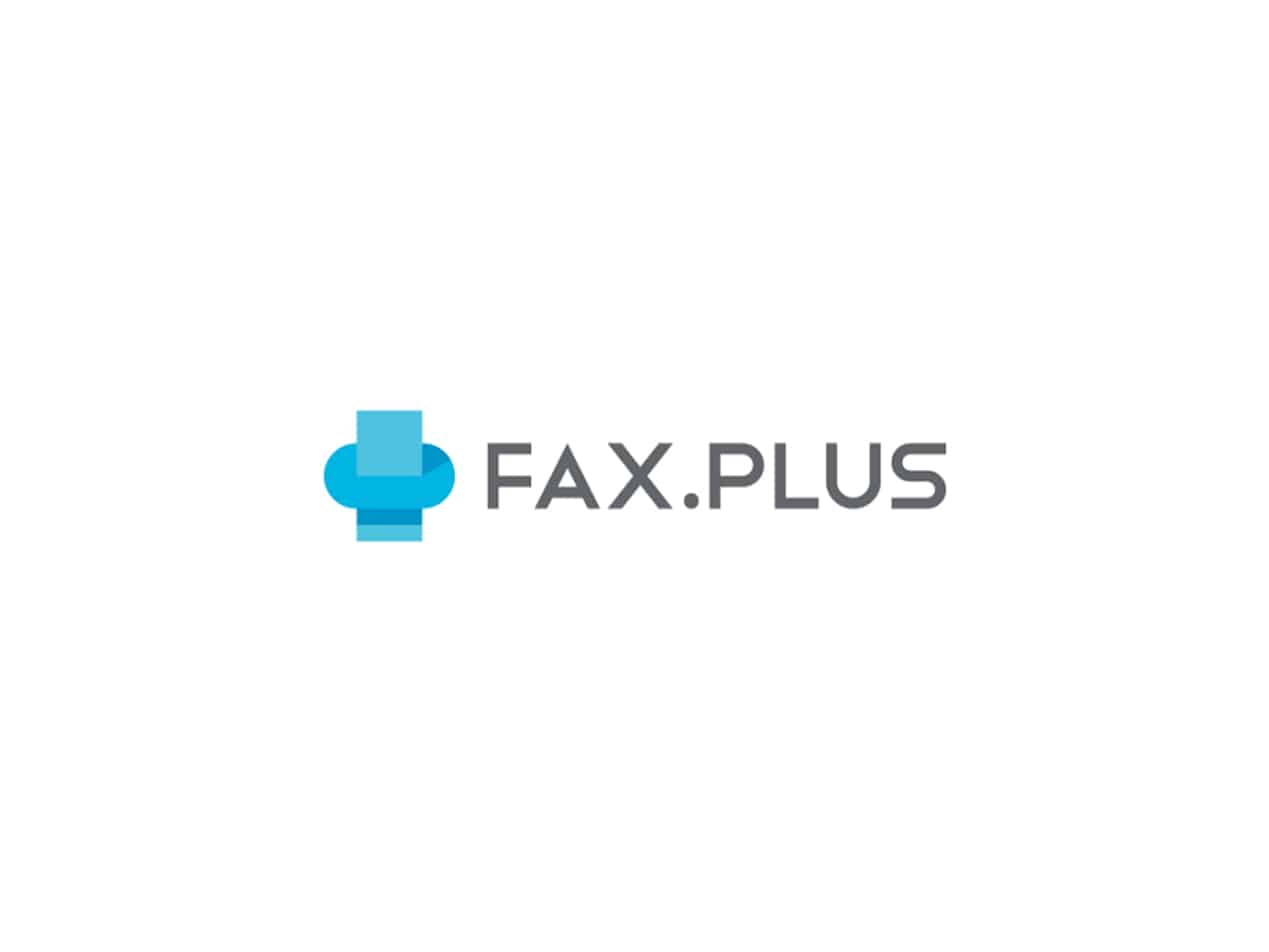
While many businesses may be seeking free HIPAA compliant email services, the reality is that such services do not truly exist. To ensure HIPAA compliance, businesses must implement safeguards to protect PHI by using email services that offer the required security features and obtain a signed business associate agreement (BAA) with the email provider.
Why is HIPAA compliant email necessary?
To adhere to HIPAA compliance regulations, organizations must safeguard any protected health information (PHI) they generate, gather, or transmit electronically. Given that many entities use email for PHI communication, emails must be protected from unauthorized access both during transmission and while stored, and audit controls must ensure complete message accountability.
According to Expert Insights, “When it comes to HIPAA, it isn’t enough just to be compliant; you also have to prove your compliance. A good encryption solution will be able to generate reports into email delivery, including when they were sent, delivered, and opened, by whom, and from which location. These reports help to demonstrate that your organization is taking measures to secure PHI at rest, in storage and in transit, as required by HIPAA.”
Free email services often lack these required encryption and reporting capabilities. To ensure HIPAA compliance, organizations must invest in a dedicated HIPAA compliant email solution like Paubox to securely transmit and demonstrate commitment to safeguarding protected health information.
Requirements for HIPAA compliant email
To ensure HIPAA compliance, several safeguards need to be implemented when using email to communicate PHI:
- Integrity controls: These policies and procedures protect data from unauthorized alteration or destruction. Encrypting data is a key measure to prevent unauthorized changes.
- Access controls: Only authorized personnel should have access to PHI. Restricting access ensures that PHI is not accessed by unauthorized individuals.
- Audit controls: Tracking and recording who accessed PHI and when they accessed it helps monitor and identify any security breaches or unauthorized access.
- Transmission security: Monitoring communication involves tracking the sender and receiver of PHI and ensuring the integrity of PHI at rest, this also means safeguarding PHI stored on your network through encryption or a firewall.
- ID authentication: Personalized login credentials should be used to identify individuals accessing PHI.
- Encryption: When transmitting PHI to a third party via email, encryption ensures that only authorized personnel can view the sensitive data.
Unfortunately, free email services do not provide these necessary protections. Therefore, there are no completely free HIPAA compliant email services available.
Read also: Rules for HIPAA compliant email communications
Why isn't regular email good enough?
When considering the transmission and storage of PHI, it's important to recognize that free email services do not meet the security and compliance requirements mandated by HIPAA. These services often lack features and requirements for safeguarding sensitive patient data.
As a result, relying on free email services for HIPAA compliant communications poses significant risks and could lead to non-compliance with HIPAA regulations. Therefore, healthcare organizations must prioritize investing in dedicated HIPAA compliant email solutions to ensure the privacy and security of patient information.
Importance of BAA
Additionally, covered entities (CEs) and business associates (BAs) must have a signed business associate agreement (BAA) with their email provider before using email communication in accordance with HIPAA. A BAA outlines the required protections for securing PHI and establishes the permitted use and disclosure of PHI, as well as the responsibilities of each party in the event of a breach.
Go deeper:
- What is a covered entity?
- What is the purpose of a business associate agreement?
- What is a data breach?
Popular email services and HIPAA compliance
Gmail
Gmail, in its free version, is not HIPAA compliant. However, Google Workspace, a paid service that provides users with access to various Google applications, can be made HIPAA compliant when used correctly. To achieve HIPAA compliance with Google Workspace's email service, a business associate agreement (BAA) must be obtained. Google's BAA is available with a Google Workspace subscription.
Outlook
Microsoft Outlook has multiple versions, but only the one available through an Office 365 subscription is HIPAA compliant. A business associate agreement (BAA) must be signed with Microsoft before using the email service to transmit PHI. This agreement ensures the necessary security measures are in place to protect PHI.
Read also:
Paubox
Google and Microsoft will both sign business associate agreements in connection with their email platforms, but those agreements only cover emails within their servers and at rest. Paubox ensures your emails are secure in transit outside of their server.
Paubox is designed for ease of use, both for senders and recipients alike. Paubox eliminates unnecessary friction while also maintaining compliance. Portal logins, plugins, and app downloads are a thing of the past with Paubox.
Why choose Paubox?
- 14-day free trial
- HIPAA compliant email made easy
- Works with your existing email
- Setup in 15 minutes
- HITRUST CSF certified
- Secure Contact Form
Read more: HIPAA Compliant Email: The Definitive Guide
FAQs
Why do I need compliant email systems?
Secure email communication allows protected health information (PHI) to be transmitted, stored, and accessed safely. PHI contains sensitive information about an individual's health, and unauthorized access or disclosure can lead to harm or discrimination. Compliant email systems help keep this information confidential and private. In the event of a data breach, having a compliant email system in place can help mitigate the consequences.
How do I make my emails HIPAA compliant?
To make your emails HIPAA compliant, use an email service designed specifically for compliance purposes. Encrypt email content and attachments and secure your emails using access control features that grant email access only to authorized people.
What is the difference between encrypted and secure email?
An encrypted email ensures that its contents are encoded and can only be deciphered by the intended recipient. Secure email on the other hand encompasses a broader range of security measures beyond encryption and includes additional features and protective measures to safeguard against various email-based threats.
What are the encryption requirements for HIPAA compliant email communication?
Healthcare organizations should implement robust encryption protocols such as Transport Layer Security (TLS) or Secure/Multipurpose Internet Mail Extensions (S/MIME) to protect PHI during transmission.
Subscribe to Paubox Weekly
Every Friday we bring you the most important news from Paubox. Our aim is to make you smarter, faster.




